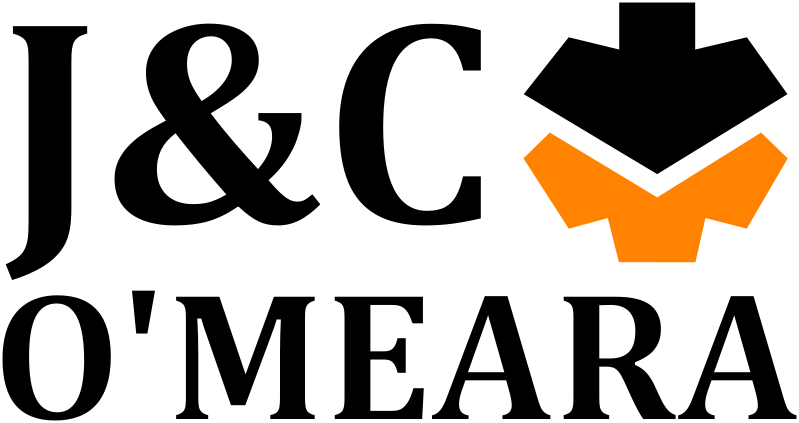Top 5 Benefits of Using Planers and Moulders in Woodworking
- John Shepperd
- May 12, 2025
- 3 min read

Introduction
In modern woodworking shops, planers and moulders are indispensable machines that help transform rough lumber into precise, finished components. Companies looking to improve production quality and efficiency quickly discover the many benefits of planers and moulders for their business. From preparing perfectly flat boards to crafting intricate mouldings, these machines save time and ensure consistency. In this post, we explore the top five advantages of using planers and moulders in a professional woodworking setting.
Enhanced Efficiency and Productivity: One major benefit of investing in planers and moulders is the dramatic boost in productivity. A surface planer (jointer) can flatten and square timber far faster than hand tools, while a thicknesser can dimension wood to exact thickness in a single pass. This speed means your team spends less time on basic prep work and more time on assembly or finishing. For example, a planer thicknesser like the Charnwood W590 allows you to plane and thickness wood with one machine, streamlining workflow. By handling heavy-duty tasks quickly, planers and moulders free up your skilled workers to focus on value-added activities, improving overall output.
Consistent Precision and Quality: Planers and thicknessers ensure each piece of wood is milled to precise dimensions with a smooth finish. This consistency is crucial for joinery – perfectly flat and parallel boards result in tighter fits and sturdier furniture. Unlike manual methods that can vary, industrial woodworking planers cut with uniform accuracy from piece to piece. Moulders, such as a spindle moulder, allow you to replicate the same profile on multiple components with exacting precision. The result is a higher quality product with a professional-grade finish, which in turn enhances your company’s reputation for craftsmanship.
Versatility for Complex Tasks: Modern woodworking machinery offers great versatility. A spindle moulder, for instance, can shape decorative edges, cut grooves, and even perform tenoning or rebating with the right tooling. Four-sided planers/moulders can size and profile all faces of a board in one pass – ideal for producing mouldings or flooring. With interchangeable cutter heads (e.g. Tersa knife systems or spindle tooling), a single machine can perform a wide range of tasks. This versatility means you can take on diverse projects in-house. J&C O’Meara’s range includes compact models for small workshops and larger wood moulders with power feeds for continuous production, ensuring there’s a solution for every requirement.
Cost Savings and Waste Reduction: Using your own planers and moulders can save money in the long run. You can buy rough-sawn timber at lower cost and machine it to specification yourself, rather than purchasing pre-planed lumber or outsourcing profiling services. Machines like a wood planer (thicknesser) large enough to handle wide boards help you utilise more of each timber plank, reducing waste. Consistent planing also minimises errors that would otherwise ruin material. Additionally, investing in quality used machinery (which J&C O’Meara also offers) can provide these benefits at a lower upfront cost. Over time, the efficiency gains and reduced material waste directly contribute to cost-effectiveness.
Improved Workflow and Safety: Having the right machinery in-house improves your workshop’s workflow. Materials move smoothly from one processing stage to the next without waiting for external milling work. This can speed up project turnaround times for client orders. Moreover, using purpose-built machines is safer and more ergonomic for workers compared to manual methods. Planers secure the workpiece and make controlled cuts, while spindle moulders with proper guards and power feeds protect the operator from kickback or mishaps. Paired with effective dust extraction to keep the area clean (J&C O’Meara also supplies extractors), planers and moulders help maintain a safer, tidier work environment.
Conclusion
The benefits of planers and moulders in woodworking are clear – greater efficiency, consistent quality, versatility in applications, cost savings, and a smoother workflow. For companies aiming to scale up production or improve product quality, investing in these machines is a smart move. At J&C O’Meara, we have over 30 years of expertise in woodworking machinery and offer a curated selection of new and used planers, thicknessers, and moulders to suit any operation. Our team can help you identify the best equipment for your needs and budget.
Contact J&C O’Meara today to learn how the right planer or moulder can enhance your woodworking business, or browse our range online to see the difference that quality machinery can make.
